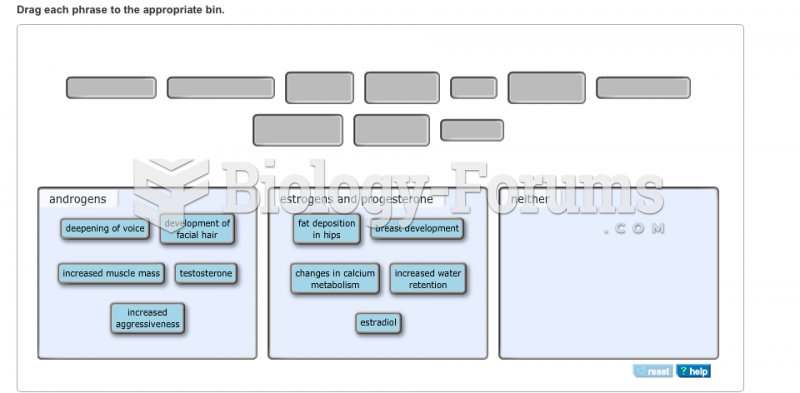Answer to Question 1
Correct answers should include five of the following points.
o Magnet hospitals attract and retain nurses despite a shortage of nurses in nearby hospitals.
o Nurses in magnet hospitals have higher levels of job satisfaction and less burnout.
o Magnet hospitals have stronger professional practice environments for nurses.
o Magnet hospitals have fewer hierarchical levels (fewer levels of management, which facilitates the concerns of clinical nurses reaching senior administrative nurses).
o Magnet hospitals offer more autonomy for nurses (increased discretion in making decisions about the care they provide patients; primary care often in the care delivery model).
o Magnet hospitals offer more control in decision making (nurses have input into decisions affecting how care is provided in their department; in some cases shared governance is in place).
o Magnet hospitals feature support from supervisors and coworkers (direct care nurses are encouraged to continue formal education; schedules are adjusted to support attendance at in-services and committee meetings; nurses are engaged in more collaboration with physicians).
o Magnet hospitals demonstrate effective leadership (nurses feel trusted and valued; a chief nurse executive is included on the senior executive team; scheduling systems are flexible)
Answer to Question 2
B
The instructor would recognize that further clarification is needed if a student responded that
whistle-blowing was a factor that leads to unionization among nurses. Some reasons that contribute to
nurses wanting to unionize are job stress, unsafe work environment, feeling powerless, the physical
demands of the job, and the need to communicate concerns and/or complaints to management without
fear of losing their jobs. Whistle-blowing is the act in which an individual discloses information
regarding a violation of a law, rule, regulation, or a substantial and specific danger to public health or
safety.







